Megaquake Unleashes Devastating Tsunami Waves: What Alaskan and Japanese Shores Face Next Will Shock You
Image credits: NOAA
Image credits: CNBC-TV18
The earthquake occurred in the Pacific “Ring of Fire,” an area geologically prone to tectonic activity like earthquakes and volcanoes
Image credits: NWSEureka
Image credits: CNBC-TV18
According to the United States Geological Survey, tsunamis can be triggered by large earthquakes in or near the ocean, volcanic eruptions, submarine landslides and onshore landslides where enough debris falls into the sea to trigger a wave.
Despite popular belief, tsunamis are rarely single waves but instead consist of multiple waves with powerful currents. They do not crest or break like wind-generated waves. Rather, they behave like a “fast-moving tide” that rushes inland, flooding coastal areas. These waves can continue for hours.
Image credits: Associated Press
If you see a tsunami, it is likely too late to outrun it. As a result, the US National Weather service urges residents to follow instructions from officials.
Under a tsunami warning, evacuation is recommended. Move to high ground and as far inland as possible.
Under a tsunami advisory, stay away from the beach and waterways. These may experience flooding.
Under a tsunami watch, stay tuned for more information.
“My biggest fear,” people react to the warnings
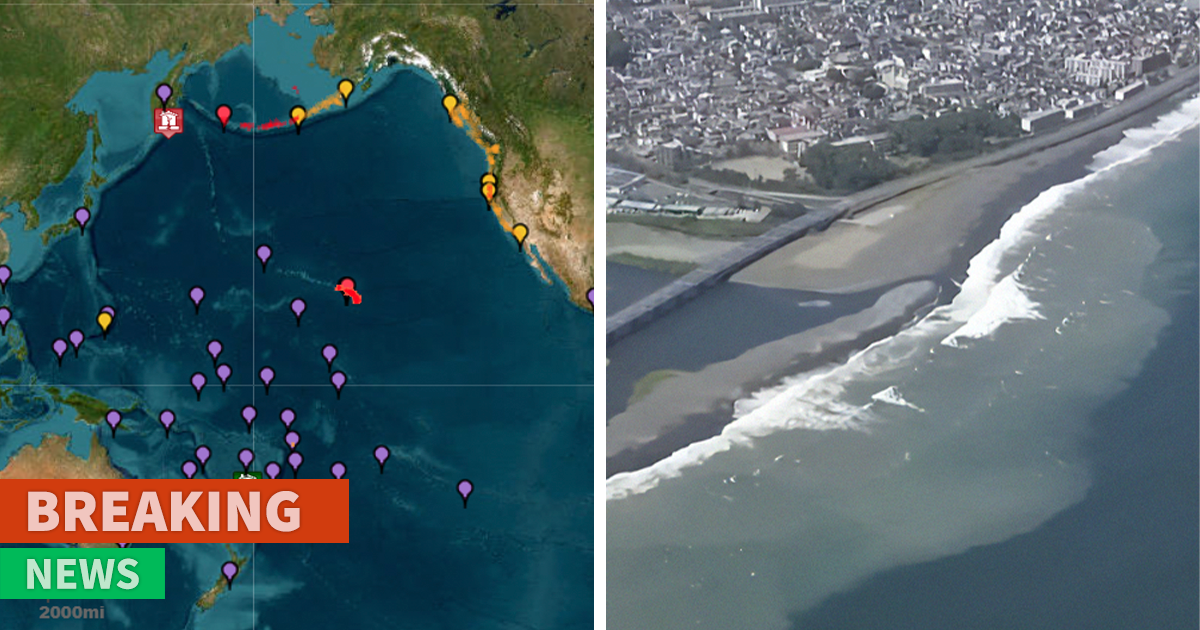
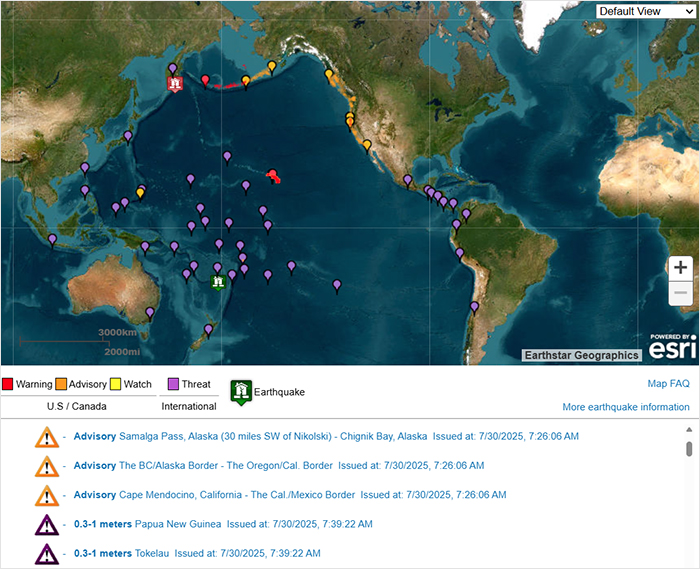
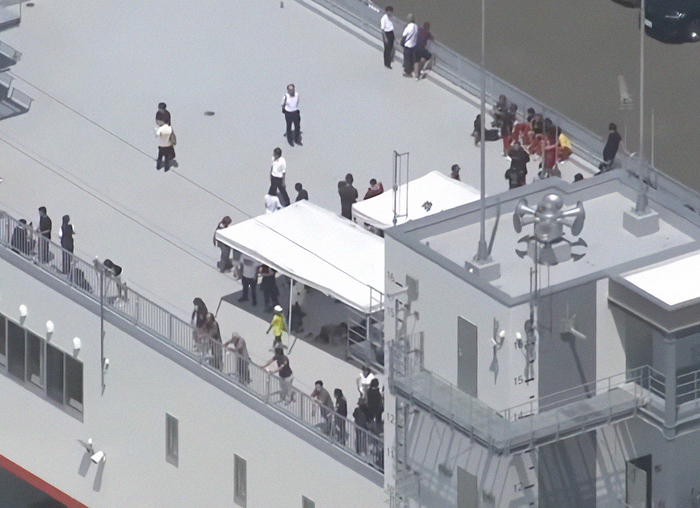
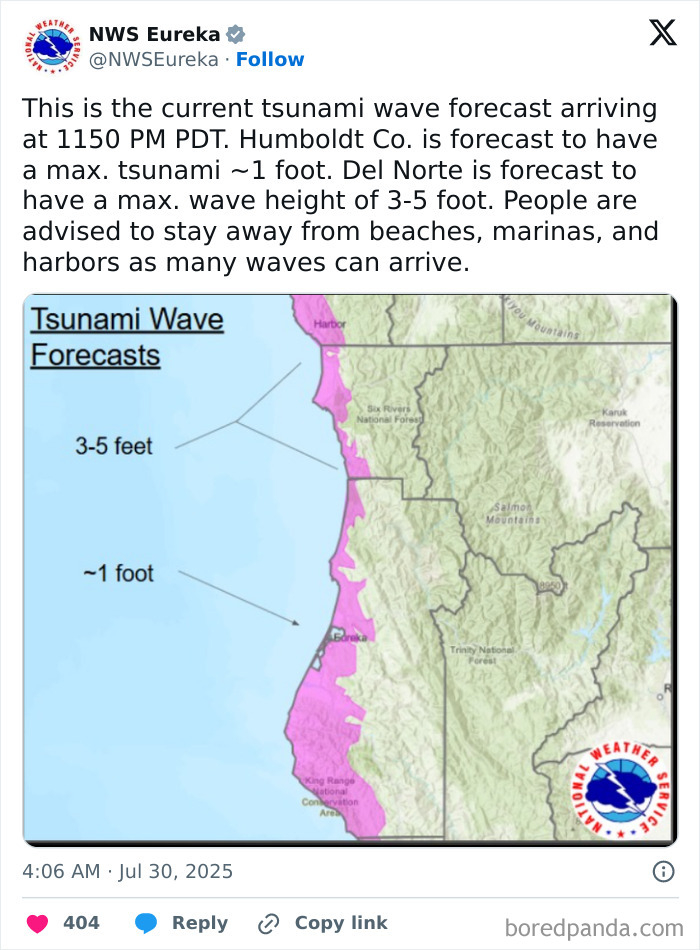
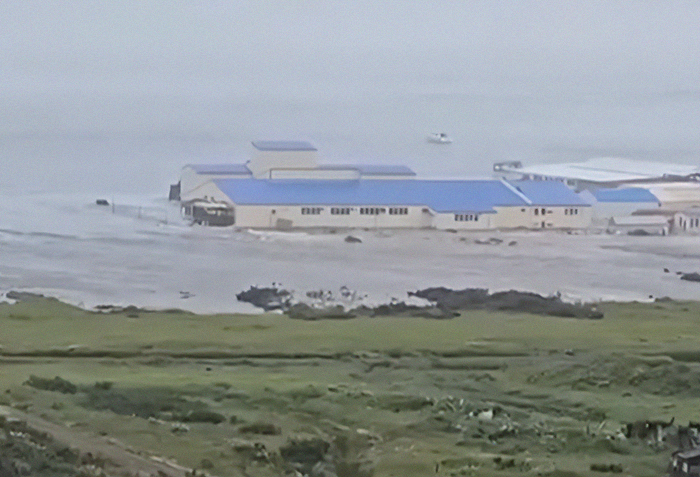
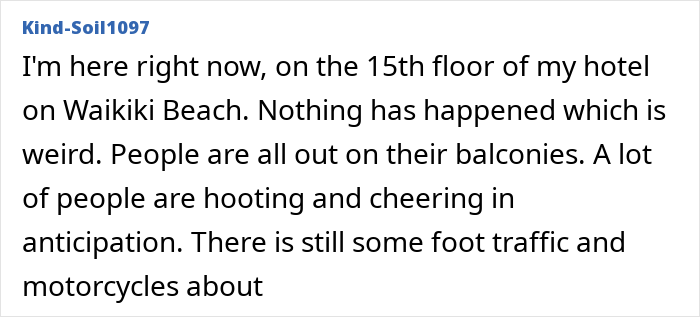

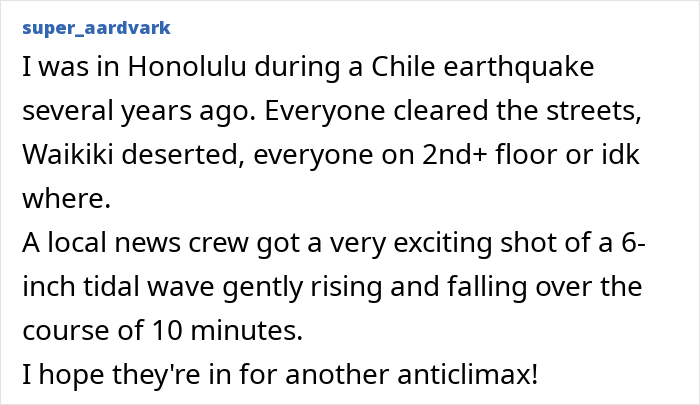

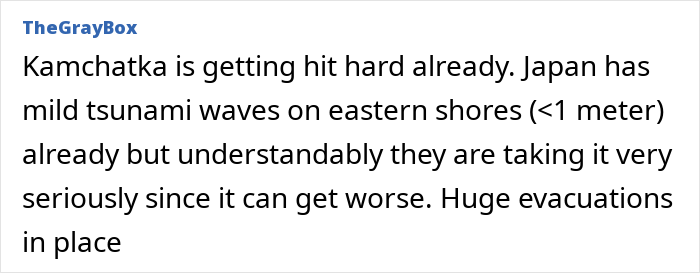



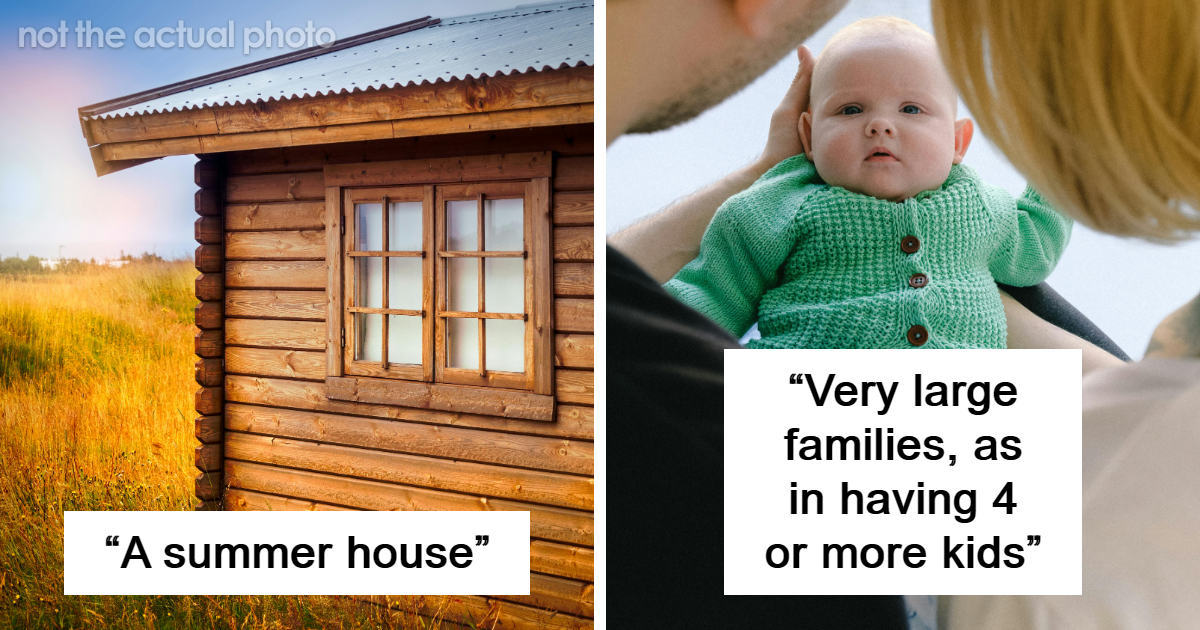


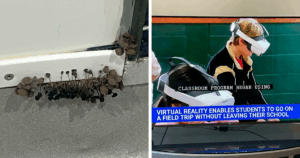


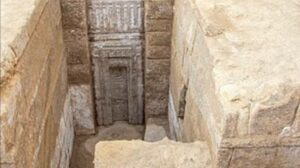
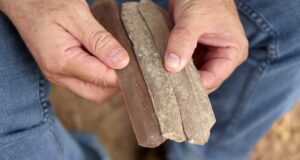



Post Comment